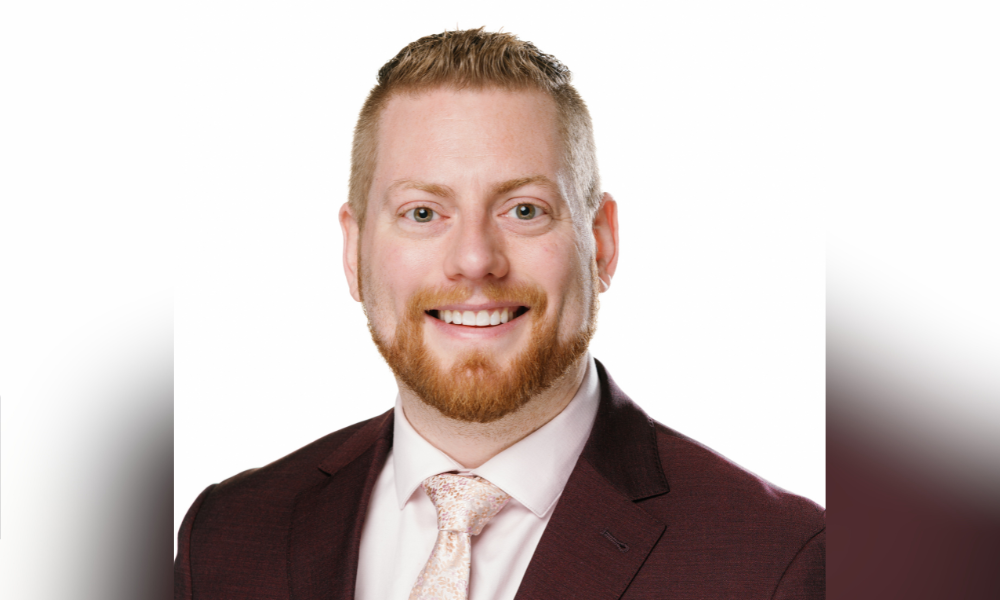Pride Lending's Andrew Dort says the industry must reflect the borrowers it serves to drive real change

One client was in tears. Widowed, financially stable, and ready to buy a home, he had done everything right – except mention his late husband. After that, the first loan officer he spoke to never returned his calls. “That officer had a customer who wanted to buy a house,” said Andrew Dort, founder of Pride Lending. “He just had to respect him and continue the conversation. And he didn’t.”
For Dort, that moment underscores a bigger problem: LGBTQ+ borrowers still face discrimination, despite years of fair lending laws. A recent survey shows that nearly one in four LGBTQ+ individuals experience housing or financing discrimination, yet there are still no permanent federal protections for sexual orientation or gender identity under the Fair Housing Act.
“This industry, mortgage especially, is one of the last bastions of the old boys club,” Dort said. “Until we see more people of color, more queer people, and more women in leadership, I don’t see it changing.”
Built from the ground up
Dort launched Pride Lending in 2020 after nearly a decade in the business, rising from junior processor to branch manager. Originally a one-man operation, the firm now has a team of nine and licenses in 17 states.
“I started Pride Lending to live my truth and serve my community,” he said. “The people who joined were looking for a place where their values matched – and that’s what we built.”
But even with the brokerage’s success, Dort continues to hear from LGBTQ+ clients who feel unsafe or unwelcome elsewhere. “It’s validating in a way - but it shouldn’t still be happening,” he said.
Hiring and representation still lagging
Dort says discrimination isn’t just about bad service - it’s also about who gets hired. “If we’re going to be giving out the money, we should probably look a little bit like the people who are borrowing it,” he said. “But we don’t.”
Intersectionality makes the challenge even tougher. “For a queer, trans Black woman trying to enter this industry, there’s almost no shot,” he said. “Look at the hiring data.”
Trade groups and industry associations could be more proactive, he added. “It’s going to come down to the people in the field and those organizations policing their own. Because for-profit corporations aren’t going to self-regulate.”
Business values don’t have to clash with personal ones
Advocating for inclusion doesn’t mean sacrificing your bottom line, Dort argues – it’s often the opposite. “If there is discrimination, that means there’s a community not getting the service they need,” he said. “That’s a business opportunity.”
He encourages brokers to signal support clearly, whether that’s through inclusive messaging or affiliation with groups like the LGBTQ+ Real Estate Alliance. “You don’t have to be queer to be a member,” he said. “Being an ally goes a long way.”
Changing the industry from within
Real change, Dort believes, will require those in power to actively support those on the margins. “It’s on us – those with privilege – to lift up the people who can’t get into this industry otherwise,” he said. That includes better hiring, targeted training, and industry-wide introspection.
“We’re not asking for anything more,” he said. “We’re just asking for the same.”



